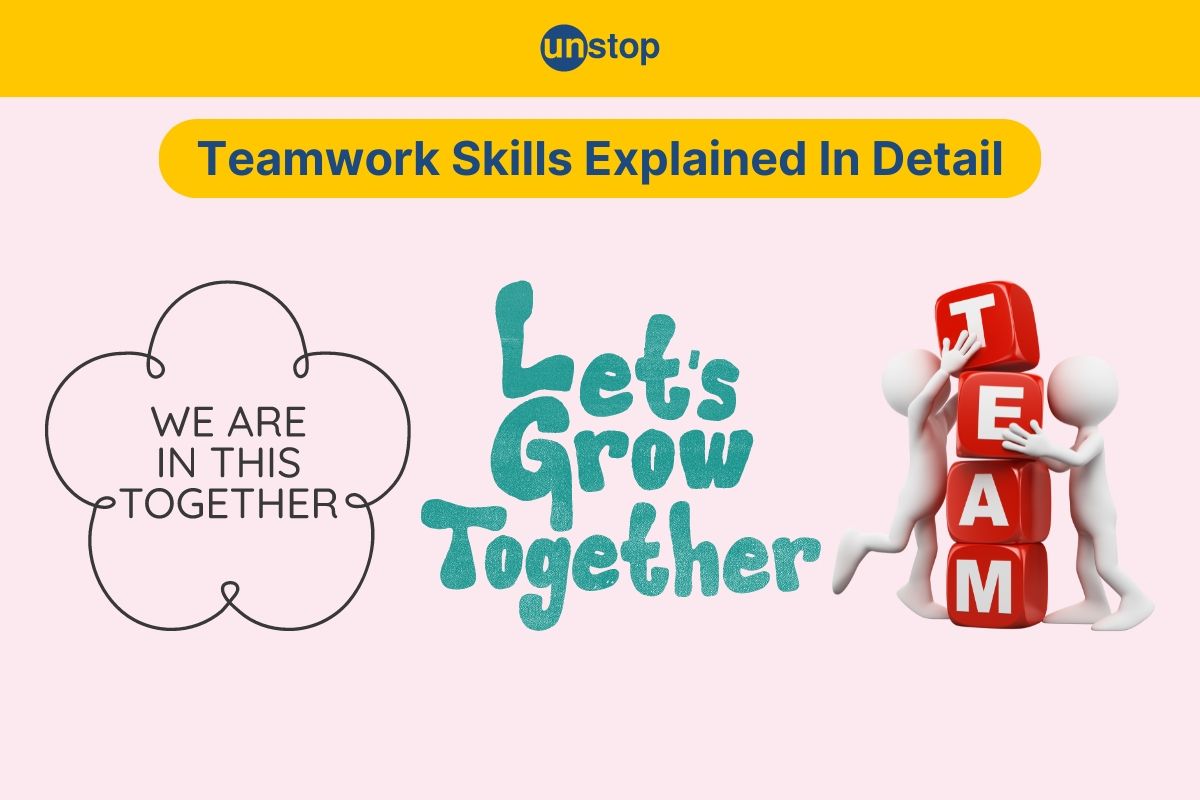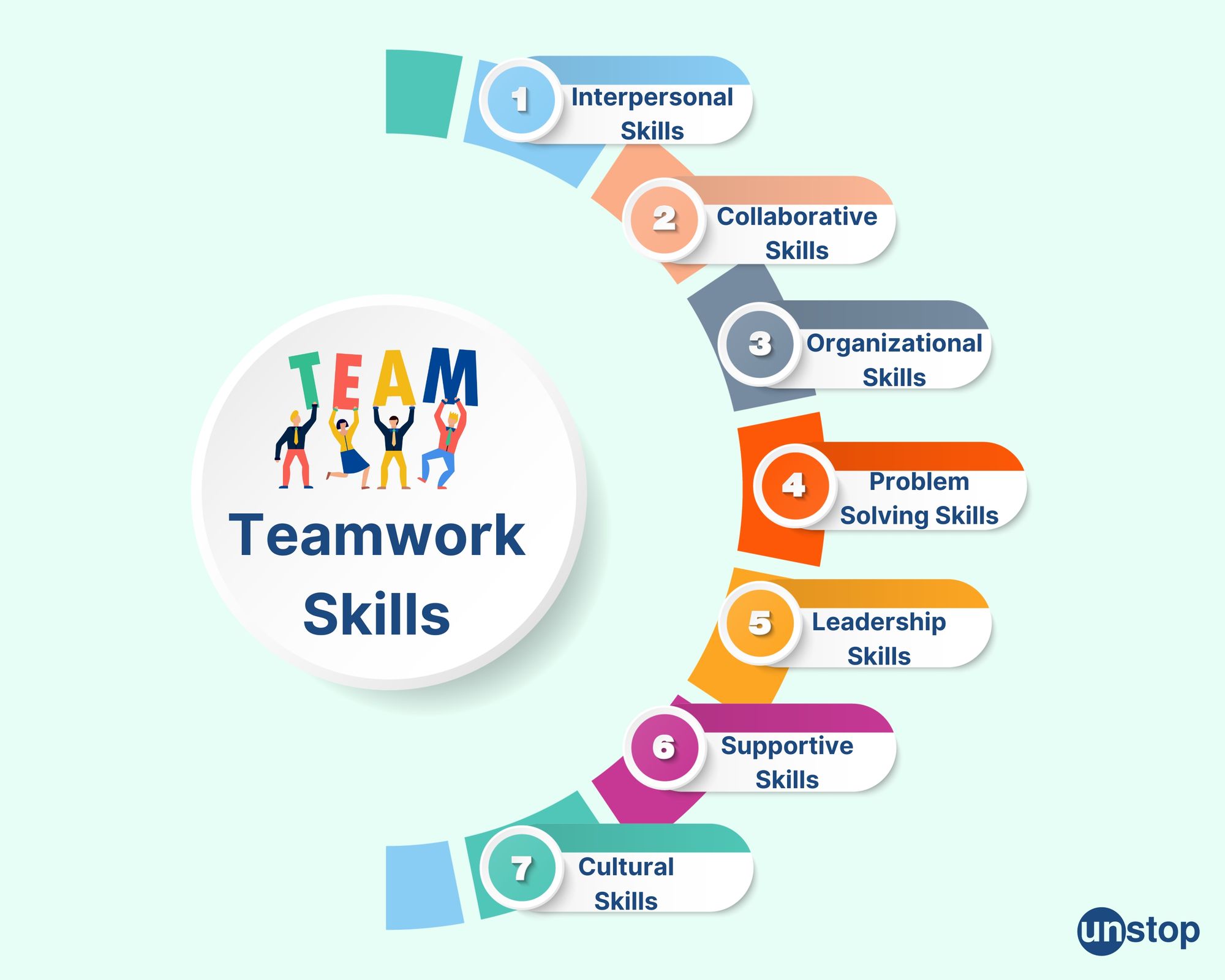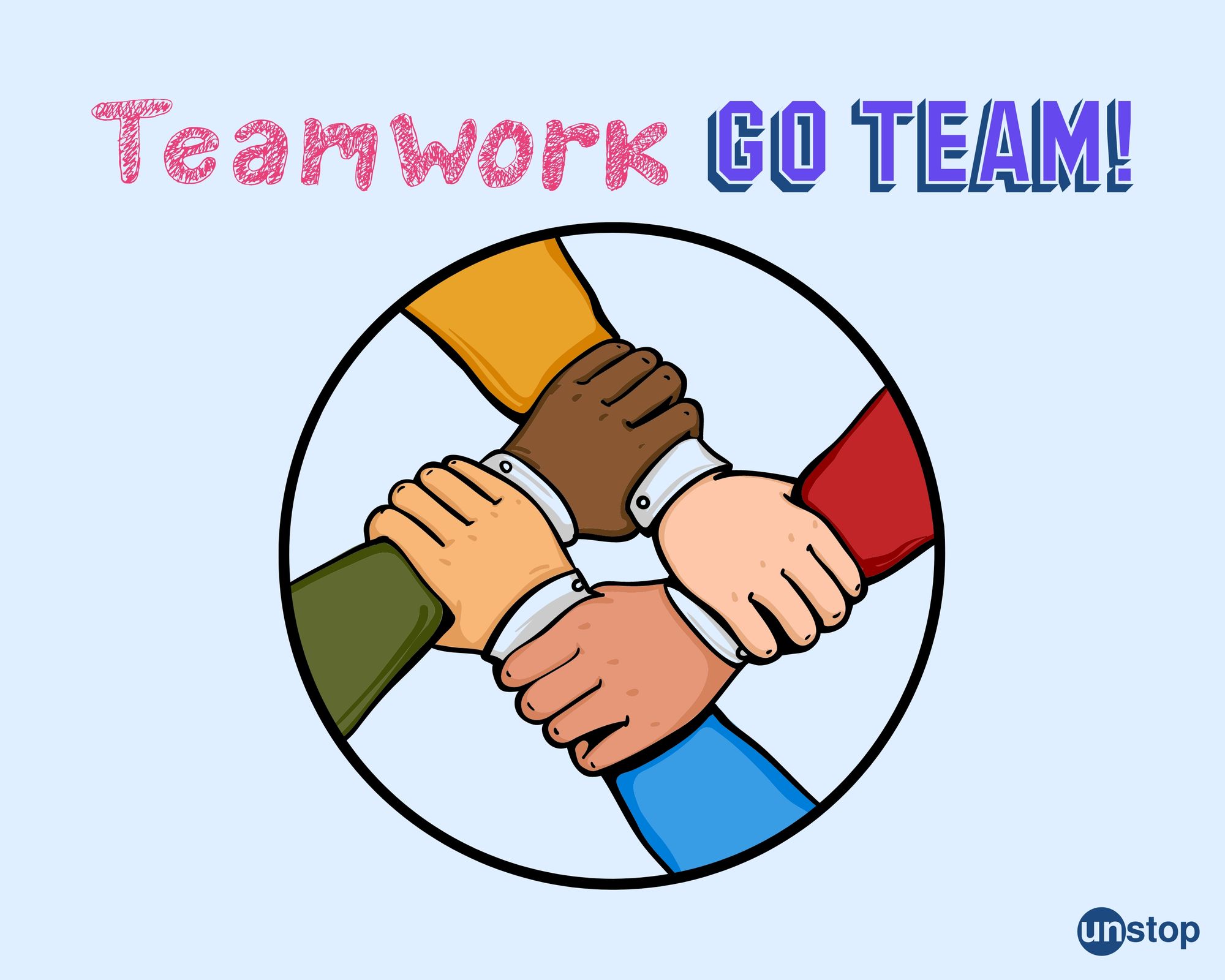- Self-Introduction For Freshers: Importance
- Components Of An Effective Self-Introduction
- How To Craft A Compelling Self-Introduction
- Self-Introduction for Freshers: Samples
- How To Highlight Your Qualifications & Experiences
- Incorporating Personal Interests & Future Plans
- Mastering Verbal & Non-verbal Communication Techniques
- Tailoring Your Introduction For Different Job Roles
- Common Mistakes To Avoid During Self-Introductions
- Conclusion
- Frequently Asked Questions (FAQs)
- Importance Of Extracurricular Activities In Resumes
- Types Of Extracurricular Activities To Include
- Best Extracurricular Activities For Different Fields
- Listing Extracurricular Activities In A Resume
- Adding Activities In The Education & Achievement Sections
- Soft Skills Gained From Extracurricular Activities
- Tailoring Activities Relevant To The Job Application
- Tips For Effective Inclusion Of Extracurricular Activities In Your Resume
- Frequently Asked Questions (FAQs)
- Importance Of Declining A Job Offer Respectfully
- Politely Decline A Job Offer With Gratitude
- Practical Tips For Declining Through Email
- Declining A Job Offer Over The Phone
- Declining After Acceptance Of Job Offer
- Salary, Timing, & Other Offers As Reasons
- Positive Relationship After Declining
- Frequently Asked Questions (FAQs)
- What is a Salary Increment?
- Factors Affecting Salary Increment
- Procedure for Salary Increment
- Formula to Calculate Salary Increment
- Formula to Calculate Salary Increment Percentage
- Benefits of Salary Increment
- How to Negotiate A Fair Salary Increment
- Importance Of Transparency In Salary Increments
- Making Better Financial Plans After Salary Increment
- Resignation After or Before Salary Increment
- Frequently Asked Questions (FAQs)
- Job Offer Acceptance Letter: Meaning & Importance
- Key Components of a Job Acceptance Letter Explained
- Job Offer Acceptance Letter Template
- Accepting a Job Offer via Email: Important Tips
- Job Offer Acceptance Letter Samples
- Composing A Job Offer Acceptance Letter: Key Tips
- Post-Acceptance Protocol
- Conclusion
- Frequently Asked Questions (FAQs)
- What is a Provisional Certificate?
- Provisional Certificate Application Process
- Sample Of A Provisional Certificate
- Benefits Of a Provisional Certificate
- Conclusion
- Frequently Asked Questions (FAQ)
- Definition Of Your Current CTC & Expected CTC
- Factors To Consider During Salary Negotiation
- Tips & Examples To Answer What Salary Do You Expect
- Understanding How Your CTC Is Calculated
- Crafting & Presenting Your Current CTC Effectively
- How To Write Current CTC & Expected CTC In Email
- Analyzing Detailed Breakdown Of Your CTC
- Conclusion
- Frequently Asked Questions (FAQs)
- Definition & Purpose Of Notice Period
- Importance Of Notice Period
- Types Of Notice Period
- Tasks & Expectation During Notice
- Notice Period Format Sample
- Other Aspects Related To Notice Period
- Conclusion
- Frequently Asked Questions (FAQs)
- Most Common Reasons for Job Change
- Current Trends Influencing Job Changes (2024-2025)
- Tips to Craft Your Best Answer for Job Change
- Conclusion
- Hard Work Vs Smart Work- Difference
- Examples Of Hard Work Vs Smart Work
- Ways To Hone Your Smart Work Skills
- Utilizing SMART Goal Approach
- Essence Of Hard Work
- Essence Of Smart Work
- Combining Benefits Of Hard & Smart Work
- Enhancing Efficiency Work Approach
- Closing Thoughts
- Frequently Asked Questions
- Defining What Is Probation Period
- Activities During The Probation Period
- Salary During The Probation Period
- Importance Of Completing The Probation Period
- Probation Period Extension Explained
- How To Successfully Complete Probation Period
- Closing Thoughts
- Frequently Asked Questions (FAQs)
- Definition & Its Origin Of Garden Leave
- What Happens To An Employee During Garden Leave?
- Advantages Of Garden Leave
- Disadvantages Of Garden Leave
- Duration Of Garden Leave & Its Impact
- Identifying Employees Suitable For Garden Leave
- Best Time To Use Garden Leaves
- When To Avoid Gardening Leave
- Consequences Of An Employee Declining Garden Leave
- Employers' Guide To Making The Most Of Garden Leave
- Rights And Obligations Under Garden Leaves
- Summary
- Frequently Asked Questions (FAQs)
- What is an Interview?
- What Do Companies Look For During An Interview?
- Types Of Interview Formats
- Types Of Interview Questions
- Interview Tips For Freshers
- Conclusion
- Frequently Asked Questions (FAQs)
- Group Discussion & Its Purpose Explained
- Importance Of Group Discussion
- Types Of Group Discussion
- Characteristics Of Group Discussion
- Skills And Success Tips Of Group Discussion
- Mistakes & Topics To Avoid In Group Discussion
- Final Remarks
- Frequently Asked Questions
- Understanding What Job Application Is
- Nitty Gritty Of Job Application
- Step-by-step Guide On How To Apply For A Job
- Effective Tips For Job Applicants
- Conclusion
- Frequently Asked Questions (FAQs)
- Significance Of Emailing Your Resume
- What To Write In An Email When Sending A Resume
- Samples Emails When Sending A Resume
- Final Remarks
- Frequently Asked Questions (FAQs)
- Decoding Dress Code For Interview
- Interview Dress Code For Men
- Interview Dress Code For Women
- Outfits To Be Avoided For A Job Interview
- Conclusion
- Frequently Asked Questions (FAQs)
- Understanding Biodata in Job Applications
- Crafting an Effective Biodata for Your Job Search
- 10 Tips for an Effective Biodata
- Biodata vs. Resume vs. CV: Understanding the Differences
- Understanding a Biodata Format (Sample Template)
- Frequently Asked Questions (FAQs)
- Creating An Appealing Resume For Job Search
- 7 Types Of Resumes For Job Application
- Tips For Crafting An Effective Resume
- Conclusion
- Frequently Asked Questions (FAQs)
- Definition Of CTC
- Understanding The Components Of CTC
- Formula To Calculate CTC
- Example Of CTC Breakdown
- Benefits Of Cost To Company
- Understanding Gross Salary And Net Salary
- Conclusion
- Frequently Asked Questions (FAQs)
- Understanding Your Ambition In Life
- How To Answer The Question During Interview
- Do’s And Don'ts While Answering The Question
- Examples Of Sample Answers
- Summary
- Frequently Asked Questions
- Definition & Purpose Of An Apology Letter
- Understanding The Basic Components
- Knowing When To Write
- Tips To Craft An Effective Apology Letter
- Mistakes To Be Avoided
- Example & Format Of An Apology Letter
- Summary
- Frequently Asked Questions
- What Is A Job & What Is Leaving A Job
- Top 10 Reasons For Leaving A Job
- How To Prepare When Planning To Leave A Job
- Tips To Explain Your Departure To Your Employer
- Sample Answers For Leaving A Job
- Conclusion
- Frequently Asked Questions (FAQs)
- Annual Income & Calculation Explained
- Formula For Annual Income Calculation
- Examples Of Annual Income Calculation
- Gross Income Vs. Net Income
- Conclusion
- Frequently Asked Questions
- Understanding What Is Severance Pay
- Importance Of Understanding Severance Pay
- Why Companies Offer Severance Pay
- Essential Components Of Severance Package
- Eligibility Conditions For Severance Packages
- Tax Implications Of Severance Pay
- Conclusion
- Frequently Asked Questions (FAQs)
- Understanding A Job Application Letter
- Format Of A Job Application Letter
- Importance Of A Well-Crafted Application Letter
- Tips For Crafting A Compelling Job Application
- Sample Letters For Various Profiles
- Conclusion
- Frequently Asked Questions (FAQs)
- Meaning Of Job Profile & Purpose
- Key Components Of A Job Profile
- Benefits Of Job Profiles For Employers
- 5 Best Tips For Crafting An Effective Job Profile
- Common Pitfalls To Avoid In Job Profile Descriptions
- Job Profile Vs Profile Summary
- Summary
- Frequently Asked Questions (FAQs)
- Understanding Full and Final Settlement
- Components of Full and Final Settlement
- Pre-Requisite to Calculating FnF
- Calculating FnF: Process and Timing
- Final Settlement Letters
- Final Remarks
- Frequently Asked Questions
- Definition Of Teamwork Skills
- Types Of Teamwork Skills
- Benefits Of Teamwork Skills
- Strategies For Improvement Of Skills
- Showcasing Teamwork Skills Effectively
- Conclusion
- Frequently Asked Questions (FAQs)
- What are the Barriers of Communication?
- Types of Barriers of Communication
- Top Barriers of Communication: The Most Common Culprits
- Strategies to Overcome Communication Barriers
- Frequently Asked Questions (FAQs)
- Definition & Factors Of Workplace Anxiety
- Recognizing Signs & Symptoms Of Anxiety
- Strategies & Tips To Handle Workplace Anxiety
- Summary
- Frequently Asked Questions (FAQs)
Teamwork Skills- Definition, Types, Benefits & Success Strategies

Ever wondered what sets exceptional teams apart? The secret lies in mastering teamwork skills. From communication to collaboration, these abilities are the cornerstone of success in any group endeavour. Ready to unlock the power of effective teamwork skills for unparalleled achievements?
Definition Of Teamwork Skills
Teamwork skills refer to the abilities and attributes that allow individuals to effectively collaborate with others to achieve a common goal. These skills are essential in various settings, including workplaces, schools, sports teams, and community organizations

Types Of Teamwork Skills
Effective collaboration relies on a range of skills essential for successful teamwork. Here are some key types of teamwork skills:

Interpersonal Skills
- Active Listening: Fully concentrate, understand, respond, and remember what is being said.
- Clear Speaking: Conveying information clearly and concisely.
- Nonverbal Communication: Effectively utilizing body language, facial expressions, and tone of voice to communicate and connect with others is crucial for successful teamwork.
- Emotional Intelligence: Recognizing and understanding your own emotions and those of others.
- Compassion: Showing genuine concern and kindness towards team members.
Collaborative Skills
- Team Participation: Actively contributing to team efforts and supporting team activities.
- Flexibility: Adapting to different roles and responsibilities within the team.
- Negotiation: Finding mutually acceptable solutions during disagreements.
- Mediation: Facilitating discussions to resolve conflicts between team members.
Organizational Skills
- Prioritization: Sorting out the most important tasks and focusing on them accordingly.
- Scheduling: Organizing tasks and deadlines to ensure the timely completion of team goals.
- Punctuality: Being on time for meetings and deadlines.
- Consistency: Delivering quality work consistently.
Problem-Solving Skills
- Critical Thinking: Evaluating information and arguments to make reasoned judgments.
- Creativity: Generating innovative ideas and solutions.
- Consensus Building: Working towards agreements that all team members can support.
- Risk Assessment: Evaluating potential risks and benefits before making decisions.
Leadership Skills
- Inspiration: Encouraging and motivating team members to achieve their best.
- Vision: Setting a clear direction and goals for the team.
- Assigning Tasks: Distributing responsibilities based on team members' strengths and skills.
- Empowerment: Giving team members the authority and resources to complete their tasks.
Supportive Skills
- Encouragement: Providing positive reinforcement and support to team members.
- Resilience: Staying positive when things get tough is crucial for effective teamwork.
- Responsibility: Taking responsibility involves acknowledging your actions and the outcomes they bring.
- Feedback: feedback plays a crucial role in enhancing performance by providing constructive criticism.
- Cultural Competence Skills
- Respect for Differences: Valuing and respecting diverse perspectives and backgrounds.
- Inclusive Practices: Creating an environment where all team members feel valued and included.
Looking for the perfect JOB or INTERNSHIP? Explore hundreds of job roles across multiple domains on Unstop!
Benefits Of Teamwork Skills

Let us study the benefits of teamwork skills:
Listening Skills
By actively listening to teammates, individuals can understand diverse perspectives and build stronger relationships. This enhances overall team dynamics by promoting trust and cooperation.
Critical Thinking
The impact of critical thinking on decision-making within a team cannot be overstated. When team members apply critical thinking skills, they can analyze situations objectively, consider various solutions, and make informed decisions collectively. This leads to more effective problem-solving and innovative solutions.
Collaboration For Collective Goals
Collaboration is essential for achieving collective goals through teamwork. Team members can leverage each other's strengths, pool resources, and maximize efficiency. This fosters a sense of unity and shared responsibility, leading to successful outcomes.
Strategies For Improvement Of Skills
Now, let us consider some of the important strategies to improve teamwork skills:
Developing Leadership
To improve teamwork skills, team members can focus on developing their leadership abilities within the group. By taking initiative and guiding others, individuals can foster a sense of effective teamwork.
Encouraging team spirit and empowering each member to act as a team player can significantly enhance the overall collaboration skills within the group. This approach creates a more cohesive unit that works towards common goals.
Fostering Communication
Open communication is crucial for successful teamwork. By promoting a culture of transparency and active listening, team members can overcome challenges more effectively and build stronger relationships based on trust.
Establishing regular check-ins, utilizing collaboration tools, and providing platforms for sharing ideas can facilitate smoother interactions among team members. This fosters an environment where empathy and understanding prevail, leading to improved outcomes.
Enhancing Problem-Solving
To boost team performance, it's essential to focus on enhancing problem-solving skills collectively. Encouraging creative thinking, brainstorming sessions, and fostering a supportive atmosphere for experimentation can lead to innovative solutions.
Showcasing Teamwork Skills Effectively
Lastly, let us study how teamwork skills can be effectively displayed:
Innovative Solutions
Strong teamwork skills foster a collaborative environment where innovative solutions thrive. By combining diverse perspectives and expertise, teams can tackle complex problems effectively. For instance, at Company X, a cross-functional team with good teamwork skills developed a groundbreaking product that revolutionized the industry.
Inspiring Success Stories
Sharing successful teamwork stories can inspire others to enhance their teamwork skill set. For example, the Apollo 13 mission showcased exceptional teamwork under pressure, leading to a safe return despite numerous challenges.
Highlighting Skills
When highlighting teamwork skills on resumes or during interviews, emphasize specific examples of collaboration and problem-solving. Mention instances where your contributions positively impacted team outcomes.
Conclusion
By honing your teamwork skills, you equip yourself with invaluable tools for success in both professional and personal realms. Understanding the essential qualities, leveraging the benefits, actively improving, and effectively showcasing these skills will set you apart as a collaborative and efficient team player. Embrace the journey of continuous growth and development in your teamwork abilities to unlock doors to new opportunities and enhanced relationships.
Take action today by implementing these strategies in your daily interactions. Practice active listening, offer support to your teammates, communicate openly and constructively and celebrate collective achievements. Keep striving for excellence in teamwork, and watch how it transforms your professional endeavours.
Frequently Asked Questions (FAQs)
1. What are essential teamwork skills?
Essential teamwork skills include communication, collaboration, problem-solving, and adaptability. These skills are crucial for effective team performance and achieving common goals.
2. Why are teamwork skills important?
Teamwork skills are vital for fostering a positive work environment, enhancing productivity, promoting innovation, and building strong relationships among team members.
3. How can one improve their teamwork abilities?
Improving teamwork abilities involves active listening, providing constructive feedback, respecting diverse perspectives, being open to new ideas, and participating in team-building activities.
4. How can one showcase their teamwork skills effectively?
To showcase teamwork skills effectively, individuals can highlight successful collaborative projects on their resume or during job interviews. They can also share specific examples of how they contributed to team success.
5. How do teamwork skills benefit professional growth?
Developing strong teamwork skills can lead to career advancement opportunities, improved job satisfaction, increased creativity in problem-solving, and the ability to work effectively with diverse teams.
Suggested reads:
- HR Transformation: Skills, Strategies, And Tools For The Coming Decades!
- Role Of Soft Skills In Modern Hiring Can't Be Ignored. Here's Why
- Behavioral Interview Questions With Sample Answers On Leadership, Teamwork & Other Soft Skills
- How To Answer 'What Does Teamwork Mean To You?' In A Job Interview
- Upskilling Trends: Women Taking Charge, Mentorship Is Key
Instinctively, I fall for nature, music, humor, reading, writing, listening, traveling, observing, learning, unlearning, friendship, exercise, etc., all these from the cradle to the grave- that's ME! It's my irrefutable belief in the uniqueness of all. I'll vehemently defend your right to be your best while I expect the same from you!
Login to continue reading
And access exclusive content, personalized recommendations, and career-boosting opportunities.
Subscribe
to our newsletter















Comments
Add comment